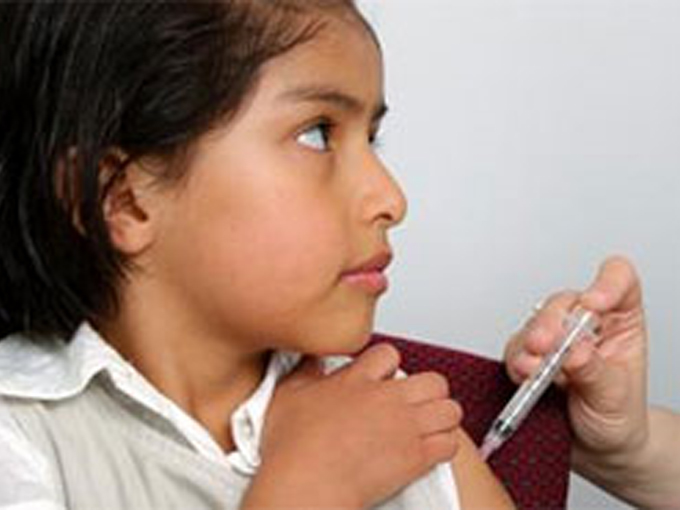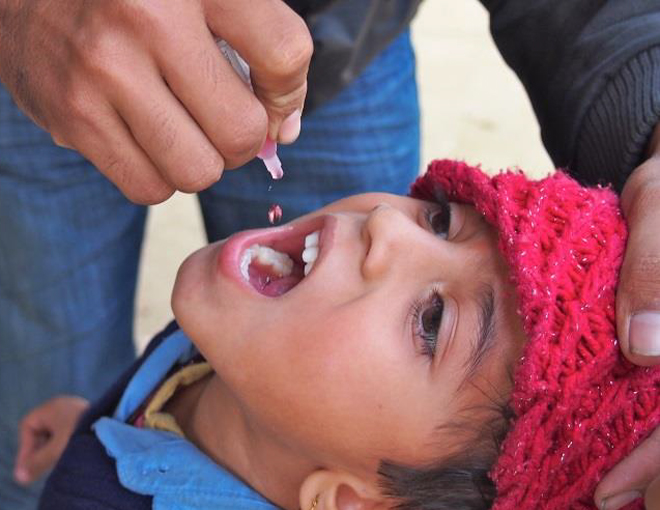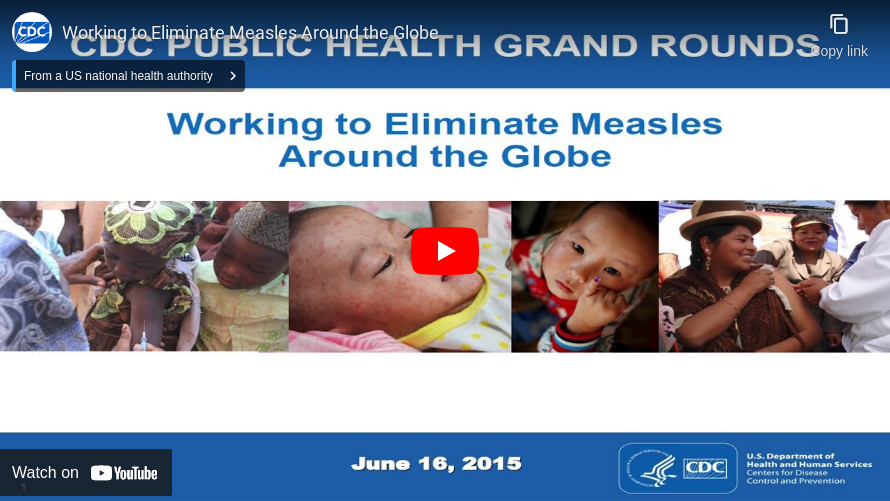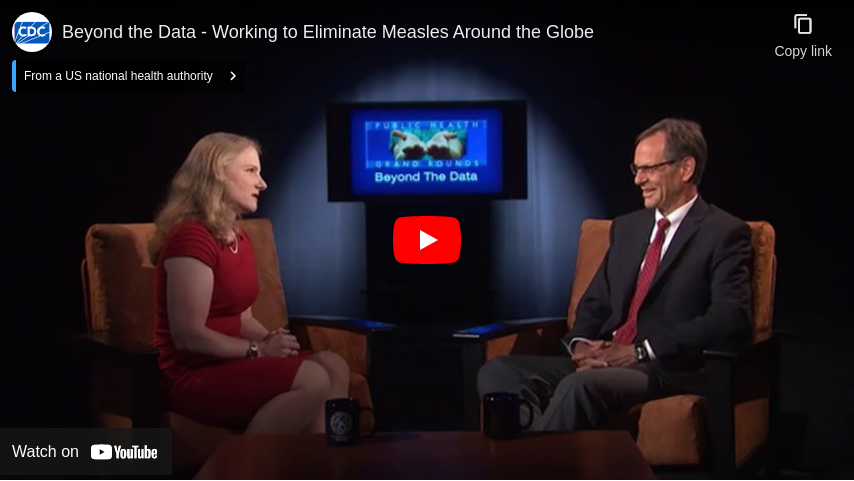Working to Eliminate Measles Around the Globe
Presented on .
Measles is a highly contagious virus that spreads through the air when an infected person coughs or sneezes. The virus can cause serious health complications. About 1 in 4 people in the U.S. who get measles will be hospitalized and globally 1 or 2 out of 1,000 people with measles will die, even with the best care. Worldwide, an estimated 20 million people get measles and 146,000 people, mostly children, die from the disease each year. Yet measles can be prevented with a safe and effective vaccine.
Due to a highly effective vaccination program, measles was declared eliminated from the United States in 2000. However, in the past 5 years, global progress towards measles elimination has slowed and in some regions gains have been lost. Recent outbreaks show how easily measles can be brought into the U.S. and other parts of the Americas by unvaccinated travellers who contract the virus while in other regions of the world. Progress can continue and measles elimination can be achieved, but it will require commitment from each country and support of efforts in all parts of the globe.
In this session of Grand Rounds we discussed the ways in which increased focus on field and laboratory surveillance, innovative vaccination solutions and investment of resources can accelerate progress towards the elimination of measles worldwide.
Dr. Phoebe Thorpe and Dr. Peter Strebel discuss the ongoing challenges to eliminating measles worldwide. Measles is highly infectious, but it can be prevented with financial and political commitment by all countries around the globe.
Individuals should know that:
- One case of measles anywhere poses risks everywhere,
- On-time, routine vaccination is safe and effective and
- Widespread vaccination coverage is key to elimination.
- James L. Goodson, MPH
- Senior Measles Scientist,
Accelerated Disease Control and VPD Surveillance Branch,
Global Immunization Division
Center for Global Health, CDC
- Paul A. Rota, PhD
- Measles Team Lead, Measles, Mumps, Rubella, Herpesviruses Laboratory Branch,
Division of Viral Diseases
National Center for Immunization and Respiratory Diseases, CDC
- Desirée Pastor, MD, MPH
- Regional Immunization Advisor, Pan American Health Organization,
Regional Offices for the Americas
World Health Organization
- Peter M. Strebel, MBChB, MPH
- Accelerated Disease Control Lead, Expanded Programme on Immunization
World Health Organization
- John Iskander, MD, MPH
- Scientific Director
- Phoebe Thorpe, MD, MPH
- Deputy Scientific Director
- Susan Laird, MSN, RN
- Communications Director
Get notified about the latest updates from Public Health Grand Rounds right in your inbox by setting up an alert today!
Get notified about the latest updates from Public Health Grand Rounds right in your inbox by setting up an alert today!Sign Up
Get notified about the latest updates from Public Health Grand Rounds right in your inbox by setting up an alert today!

The polio crisis has been largely forgotten in the US due to the Salk vaccine and the effective immunization campaigns of the 1950s. Unfortunately, the wild poliovirus still remains a real public health threat in many corners of the world. Learn about current efforts to contain polio in India and globally.

The polio crisis has been largely forgotten in the US due to the Salk vaccine and the effective immunization campaigns of the 1950s. Unfortunately, the wild poliovirus still remains a real public health threat in many corners of the world. Learn about current efforts to contain polio in India and globally.

